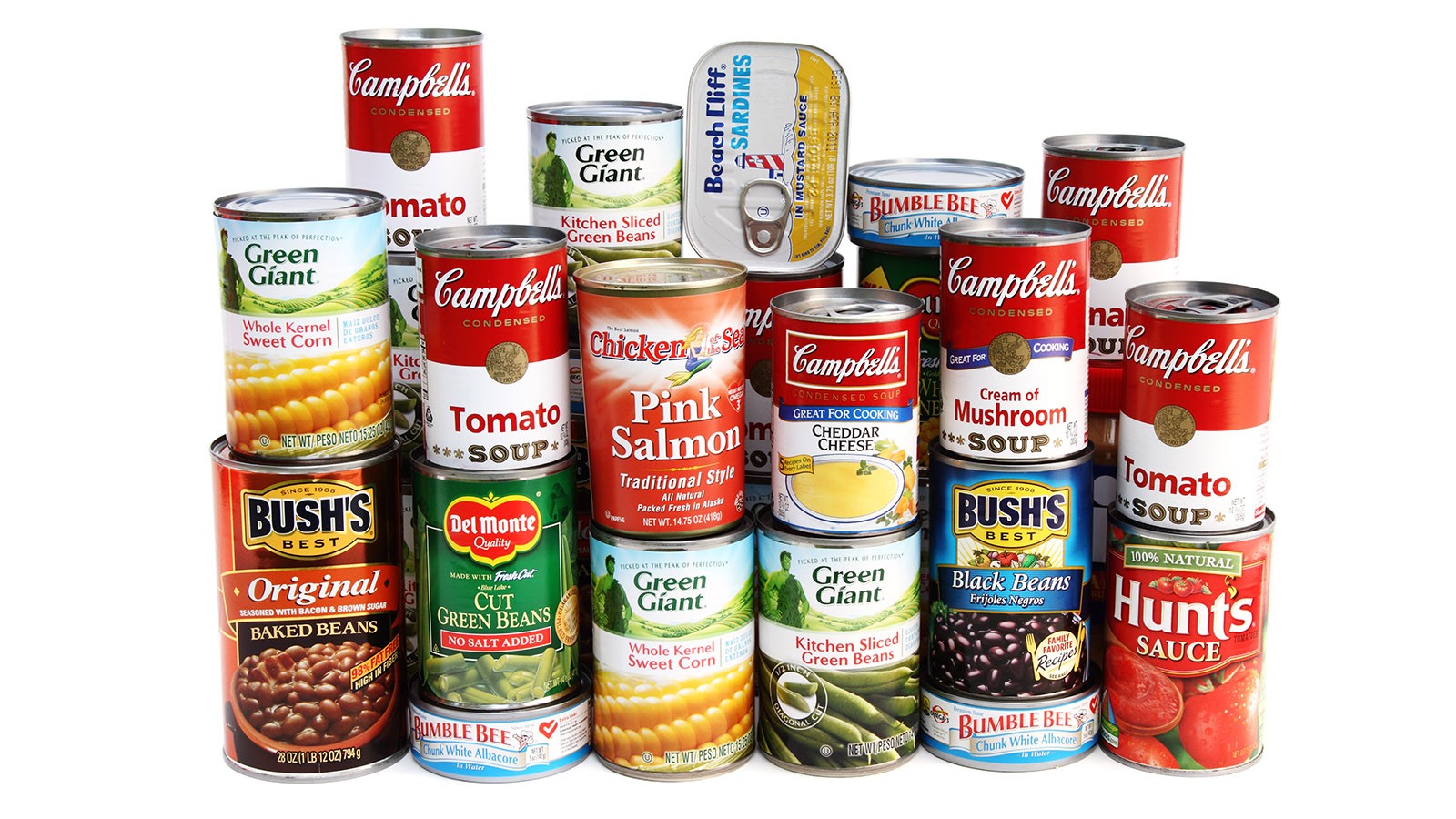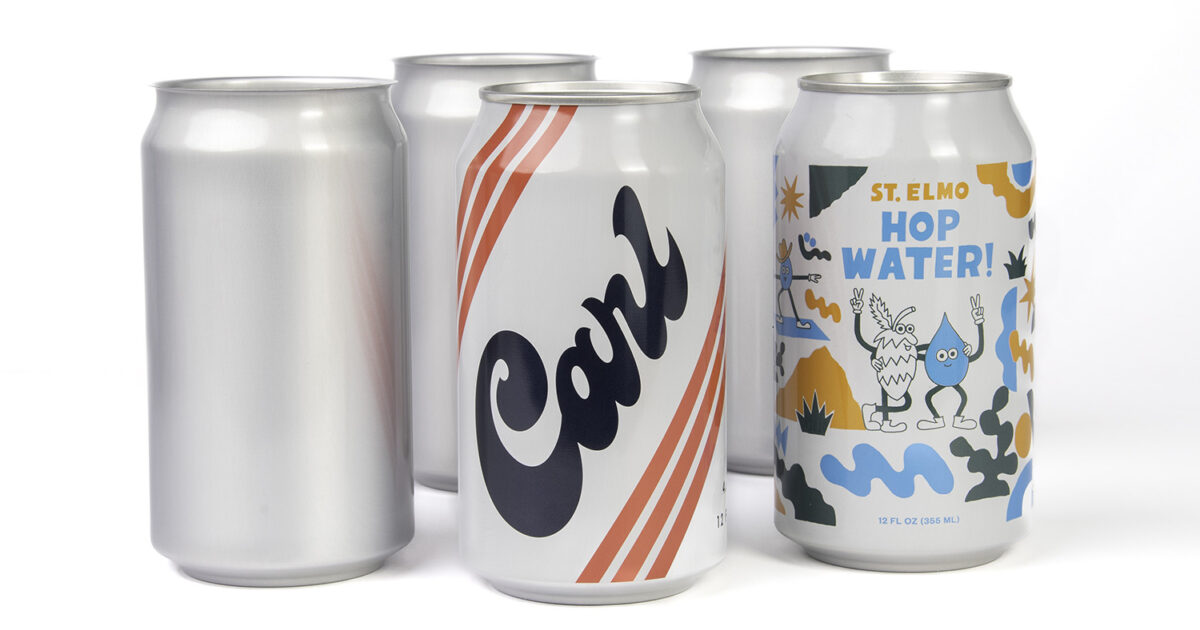Cans & Recycling: News, Services, And Sustainability Tips!
Ever stopped to think about the humble aluminum can, that ubiquitous vessel for our favorite beverages? It's more than just a container; it's a powerful symbol of sustainability, convenience, and the potential for a circular economy. But how much do we really know about its journey, from production to recycling and back again?
Consider the customer who recently lauded a company, stating that "Any company/employee can make a mistake, so one that goes out of its way to make it up to the customer while delivering a great service to begin with deserves 5 stars in my opinion." This sentiment highlights the importance of service and accountability, principles that resonate deeply within the recycling industry. When a system functions correctly, when the loop is closed effectively, it earns the metaphorical '5 stars' from both the environment and the consumer.
| Category | Information |
|---|---|
| Material | Aluminum (primarily) |
| Typical Uses | Beverage containers (soda, beer, etc.), aerosol cans, food packaging |
| Recycling Rate (US, ~2013) | Nearly 70% |
| Weight Recycled (US, 2013) | 1.72 billion lbs (roughly 60.2 billion cans) |
| Benefits of Recycling | Saves energy, reduces landfill waste, conserves natural resources, lowers greenhouse gas emissions |
| Recycling Initiatives | Bottle deposit programs (e.g., BottleDrop in Oregon), curbside recycling programs |
| Utah Recycling Example (2018) | 23,962 tons of bottles, cans, paper, and cardboard recycled |
| Utah Resource Savings (from 2018 recycling) | 127.8 million gallons of water, 75 million kWh of electricity |
| Related Services | Trash bin cleaning (e.g., Bin Blasters), construction waste recycling (e.g., Dunn Recycling) |
| Related Businesses (Utah) | Happy Cans Services LLC (filed December 22, 2022), Mcr Recycling |
| Reference Website | The Aluminum Association |
The journey of the aluminum can often begins with the extraction of bauxite ore, the primary source of aluminum. This ore is then processed into alumina, which is subsequently smelted to produce pure aluminum. The energy-intensive nature of this process underscores the critical importance of recycling. Recycled aluminum requires only 5% of the energy needed to produce new aluminum from bauxite, a staggering difference that directly translates into reduced carbon emissions and resource conservation.
- Unveiling The Truth Did Lindsay Lohans Appearance Transform Through Surgery
- Justin Avoth Unlocking The Enigma Of Artificial Intelligence
Once the aluminum is produced, it is formed into sheets and then shaped into the iconic can. These cans are filled with beverages and distributed to consumers worldwide. After consumption, the cycle continues, ideally, with the can being collected and processed for recycling. This process involves shredding, melting, and reforming the aluminum into new sheets, ready to be manufactured into new cans or other aluminum products.
Several factors influence the effectiveness of aluminum can recycling programs. Deposit refund programs, such as Oregon's BottleDrop, incentivize consumers to return their cans by offering a cash or store credit refund. BottleDrop Plus even offers a 20% bonus for opting for store credit. Such programs have proven highly successful in boosting recycling rates, demonstrating the power of financial incentives in promoting responsible waste management.
Curbside recycling programs also play a vital role, providing convenient collection services for residents. However, the effectiveness of these programs can vary depending on factors such as the level of public awareness, the ease of participation, and the efficiency of the sorting and processing infrastructure. Investment in these areas is crucial to maximizing recycling rates.
- Unveiling The Enigmatic Age Of Glenn Becks Wife Discoveries And Insights
- Unveiling The Tragic End Of Michael Hutchence A Journey Into Inxss Darkest Hour
Beyond the environmental benefits, aluminum can recycling also contributes to the economy. Recycling facilities create jobs, and the recycled aluminum serves as a valuable resource for manufacturers, reducing their reliance on virgin materials. This circular economy model promotes resource efficiency and sustainable growth.
However, challenges remain. Contamination of recycling streams with non-aluminum materials can hinder the recycling process and reduce the quality of the recycled aluminum. Educating consumers about proper sorting techniques is essential to minimize contamination. Additionally, ensuring that recycling infrastructure is accessible and efficient is crucial to maximizing collection rates.
Companies like Dunn Recycling in Utah play a critical role in managing construction and demolition waste, offering concrete recycling and other services that divert materials from landfills. Similarly, Bin Blasters offers professional garbage can cleaning services, addressing the often-overlooked aspect of hygiene and pest control associated with waste management. These services contribute to a more comprehensive and sustainable waste management ecosystem.
The environmental impact of aluminum can production and disposal is significant. Landfilling aluminum cans results in the loss of a valuable resource and can contribute to soil and water contamination. Incineration, while reducing landfill volume, releases greenhouse gases into the atmosphere. Recycling, on the other hand, minimizes these negative impacts and conserves precious resources.
In Utah, as highlighted by the 2018 data, recycling efforts saved significant amounts of water and electricity. The 23,962 tons of bottles, cans, paper, and cardboard recycled translated into a saving of 127.8 million gallons of water and 75 million kWh of electricity. These figures underscore the tangible benefits of recycling and demonstrate the potential for even greater impact with increased participation and improved infrastructure.
The future of aluminum can recycling hinges on several key factors: technological advancements in recycling processes, increased public awareness and participation, stronger government policies and regulations, and greater collaboration between industry, government, and consumers. Investing in these areas will pave the way for a more sustainable and circular economy, where aluminum cans are perpetually recycled and reused, minimizing their environmental footprint.
Initiatives like Happy Cans Services LLC, filed in Utah on December 22, 2022, indicate a growing awareness of the importance of proper waste management and sanitation. Their services likely contribute to a cleaner and more hygienic environment, further supporting the overall recycling ecosystem.
The journey of the aluminum can is a testament to the power of recycling and the potential for a sustainable future. By embracing responsible consumption habits, supporting recycling initiatives, and investing in innovative technologies, we can ensure that these ubiquitous containers continue to serve as a symbol of environmental stewardship and resource conservation for generations to come.
Even companies like Casablanca Industries, a leading aerosol cans manufacturer, recognizing the importance of sustainability, emphasizes service, flexibility and meeting expectations. The company's acquisition of Ball Aerosol Packaging India Private Limited shows their commitment to deliver sustainability as a promise.
Furthermore, businesses like "Cans&co" who deal with graffiti and street art understand the importance of the container that holds their resources. Their products are used to create art, recycle is important to them to maintain sustainability in their field.
The data from 2013, which shows a recycling rate of nearly 70% for aluminum cans, is a positive sign, but there's always room for improvement. Striving for even higher recycling rates will require continued efforts to educate the public, improve recycling infrastructure, and incentivize participation.
- Unveiling The Enigma Unveiling The Enigma
- Unveiling The Visionary Art Of Rebecca Keatley Discoveries And Insights

Canned Dania General Trading FZE

American Canning to Open Texas Facility Craft Spirits Magazine

A cool guide to car companies coolguides